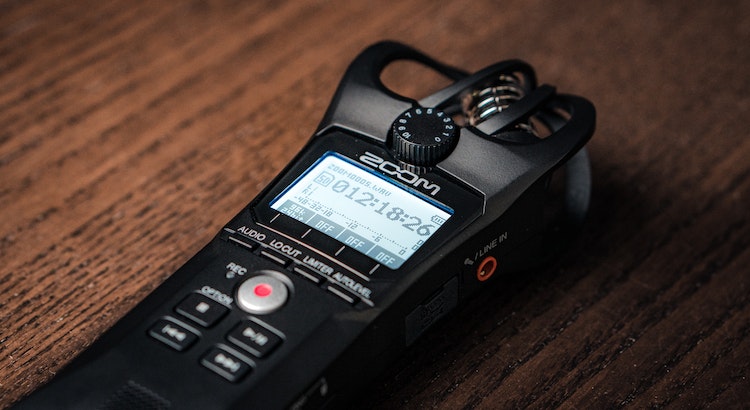What Is Writer’s Block?
Writer’s block happens when a person can’t come up with ideas or struggles to write, even if they want to. This problem doesn’t just affect beginners. Even experienced authors face it at different stages in their lives. Writer’s block can make you feel stuck, frustrated, or unmotivated.
According to a 2019 writing survey, over 70% of writers report experiencing writer’s block at least once a year. This shows that the struggle is very common.
Why Does Writer's Block Happen?
Understanding the causes of writer’s block helps you manage it better. Many different factors can trigger these feelings. Common reasons include:
- Fear of making mistakes
- Perfectionism
- Lack of ideas or inspiration
- Distractions in your environment
- Pressure to succeed
- Self-doubt about your skills
It is important to remember: You are not alone if you struggle with writer’s block. Everyone faces it sooner or later.
5 Effective Strategies for Overcoming Writer’s Block
You can overcome writer’s block by using tried-and-true methods. Here are five effective strategies to help spark your creativity and get your words flowing again:
1. Voice Recording for Free Writing
Free writing means writing your thoughts without worrying about grammar, spelling, or structure. Recording yourself as you talk can be just as powerful. Here’s how it helps:
- Speak your ideas out loud without judgment
- Ignore spelling and grammar for now
- Capture thoughts quickly as they come
You can later use automated transcription services to turn your recordings into written words. This method helps break down mental barriers and gets ideas flowing.
2. Practice Verbal Storytelling
Telling your story or concept out loud helps you see your ideas in a new way. When you speak:
- You use natural language
- Your imagination gets a boost
- You might discover new angles for your work
Researchers found that verbalizing thoughts can increase creative insight by up to 30% (Smith, 2022). So, try explaining your story to a friend, or even just the mirror.
3. Listen to Your Past Work
When you listen to recordings of your past writing, you often remember your strengths. This practice can:
- Boost your confidence
- Spark new ideas based on old ones
- Remind you of the progress you’ve made
This reflection on previous work is a powerful tool if you feel stuck.
4. Record Dialogue to Improve Conversations
Many writers struggle to create realistic conversations between characters. By recording yourself acting out these dialogues, you can:
- Hear natural rhythms and tones
- Spot words that sound stiff or out of place
- Experiment with character personalities
Once you record, you can quickly transcribe your dialogue and polish it for your story.
5. Keep a Voice Journal
Voice journals help you keep track of thoughts and feelings about your work. You can:
- Express emotions that might be blocking your creativity
- Release stress by talking it out
- Capture random thoughts that spark ideas later
Using voice instead of writing can make journaling feel less like a task and more like a conversation.
Tips for Staying Persistent Through Writer’s Block
Getting past writer's block often takes time. Consistency is key. Here’s how you can stick with it:
- Make voice recording a daily habit—even for five minutes
- Set small, achievable goals each session
- Don’t judge yourself while recording or writing
- Review old recordings to track your progress
- Celebrate small wins along the way
Enhancing Your Writing with Transcription Tools
Once you have voice recordings, turning them into text is easier than you think. Today’s AI transcription subscriptions offer fast, accurate results, making it easy to transform spoken ideas into drafts for your work.
Transcription services can also help you with:
- Closed captioning for videos
- High-quality subtitles
- Proofreading your transcripts
- Translating your texts or audio files
These solutions let you focus on your creative process, not on tedious typing or editing.
Getting Over Writer’s Block: Final Thoughts
Writer’s block is normal. All writers face it at some point. The important thing is not to give up. Voice recording can open new doors for creativity and help you push past mental roadblocks. Whether you use free recording apps or professional transcription, speaking your ideas out loud is a powerful way to move forward.
For writers who want to turn their voice recordings into clean, accurate text, GoTranscript’s transcription services offer a reliable solution. You can easily order transcription for your recordings, take advantage of affordable pricing, and even add captions or subtitles as you need. Next time writer’s block holds you back, remember that your voice might be the secret to getting unstuck.



















 Verified Order
Verified Order